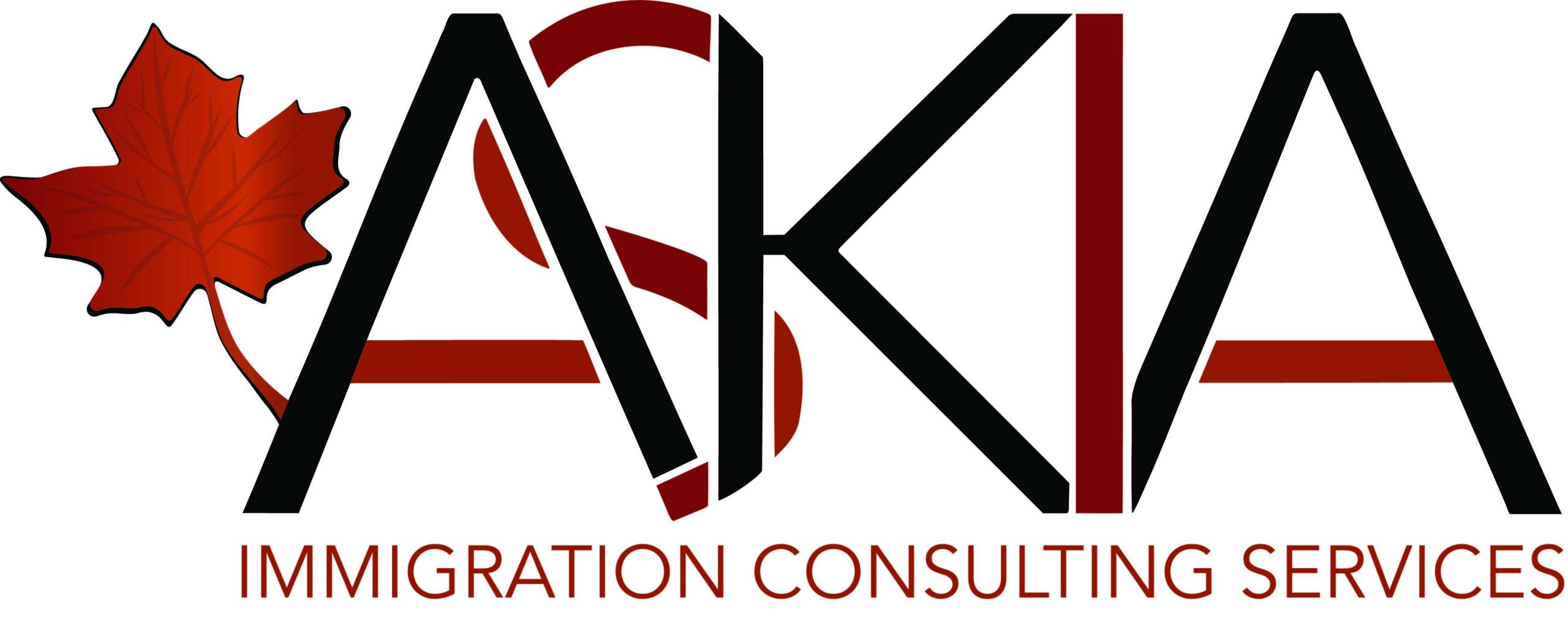Did you know?
Immigration, Refugees and Citizenship Canada (IRCC) announced an increase in Canada’s immigration fees for all permanent residency applications, with the new fees taking effect on April 30, 2024!
Explore our FAQs on moving to Canada
Askia Immigration Consulting Services
One Airport Square, 8th Floor
Airport City, Accra-Ghana
OUR AFFILIATIONS
Disclaimer
Please note that Askia Immigration Consulting Services does not authorize third parties to accept cash payments on its behalf. We only request that you make payments to Askia Immigration Services Trust bank accounts. Askia Immigration Consulting Services is a Ghanaian-owned firm and has ONLY 1 representative agent in Mali. Our staff will never ask a client to meet at a public place such as a restaurant, café, or bar. Be aware of ghost consultants and always contact us before engaging in immigration-related business.
Your communication with Askia Immigration Consulting Services is CONFIDENTIAL





